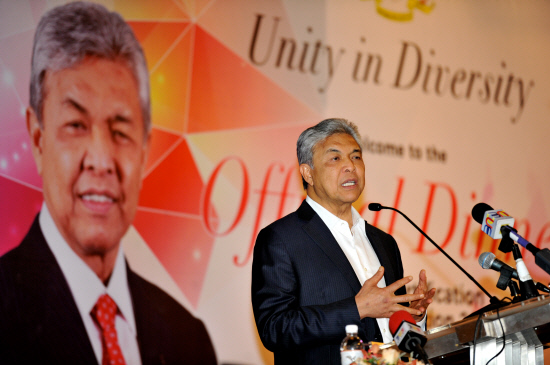
Global halal industry players must recognise each other to have a single standard, says Zahid
Kuala Lumpur, 09 Rajab 1438/06 April 2017 (MINA) – Malaysia has called upon countries around the globe to support Kuala Lumpur’s efforts for promoting the international “Halal economy.”
Also Read: Saudi Arabia Wins Bid to Host World Expo 2030
The Halal industry is facing huge challenges, KUNA quoted Malaysia’s Minister of International Trade and Industry Mustapa Mohammed as telling a press conference on the sidelines of the Malaysia International Halal Showcase (MIHAS), Kuala Lumpur, April 5-8.
Mustapa expressed hope the world would join forces to unify the criteria and the certification of the Halal industry.
Halal is any object or action permissible to use or engage in, according to the Islamic Sharia The term covers and designates food and drink as well as matters of daily life.
According to the minister, the international Halal market has hit USD 2.3 trillion. Food is a major element in the industry with USD 660 billion.
Also Read: 148 Products from Indonesia Promoted at Sarawat Superstore Jeddah
The concept of Halal is no longer confined to Muslim countries, but has been extended to non-Muslim ones, Mustapa said.
Earlier on Wednesday, Malaysia’s Deputy Prime Minister of Malaysia Ahmad Zahid Hamidi opened the MIHAS at the Kuala Lumpur Convention Centre.
The four-day event showcases products like halal food products, meat processing equipment, packaging products, food grade preservatives, spices, beverages, flavor enhances, chemicals, emulsifies, halal certified organic products, agricultural produce and such others in the household consumables industry.
Also Read: Packaging Industry Supports Halal Ecosystem
Global halal industry players must recognise each other
Ahmad Zahid said that there were more than 200 certification bodies around the world, issuing their own halal certificates and logos. He called for fostering mutual recognition of each other’s certification, saying that the lack of a single unified standard is a major challenge. Upholding halal integrity was another.
Malaysia has entered the third and final implementation phase of the Halal Industry Master Plan, with an emphasis on broadening home-grown companies and internationalization of the halal industry.
The Malaysian government is focusing on a more holistic approach towards creating a halal ecosystem to turn the country into a leading global halal hub. The approach seeks to enhance activities through the halal supply chain.
Also Read: Indonesia-Japan Agree on Energy Transition Cooperation
Besides halal products and providing halal-related services, the halal supply chain also includes Islamic finance and banking, logistics, tourism, takaful and other halal-related support services, he said.
A number of Arab countries have expressed keen interest in building a halal ecosystem with Malaysia, he noted.
In terms of economic development, the Malaysian halal products continued to command strong interest among customers worldwide, with exports increasing from RM23.9 billion (USD5.3 billion) in 2011 to RM39.3 billion (USD 8.8 billion) in 2016, Ahmad Zahid said. It is forecast that by 2020, Malaysia’s annual halal exports will exceed RM50 billion.
According to the Premier, China was among the top destinations for Malaysian halal exports, along with Singapore, the US and Japan.
This year, MIHAS 2017 hosts 580 exhibitors from 33 countries including ASEAN members, Palestine, Iran, the UAE, Turkey, Brazil, South Africa, China, Japan and Taiwan. (T/RS5/RS1)
Also Read: Dubai Expo 2020 Holds Special Event for Palestine
Mi’raj Islamic News Agency (MINA)











![Israeli tanks and APC’s gather by the Israeli – Lebanese border. Amid Israel’s escalating campaign against Hezbollah in Lebanon on September 30, 2024. [Erik Marmor/Getty Images]](https://en.minanews.net/wp-content/uploads/2024/10/IMG_20241001_203226-300x197.jpg)




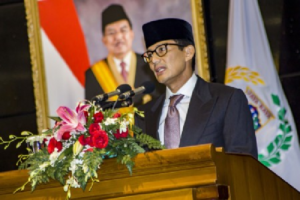
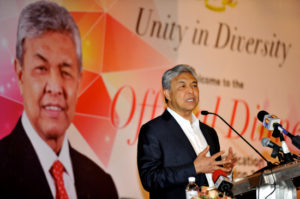
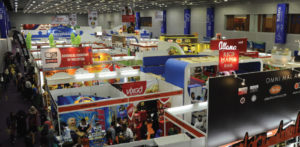
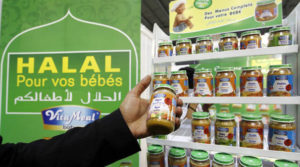









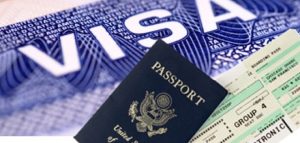

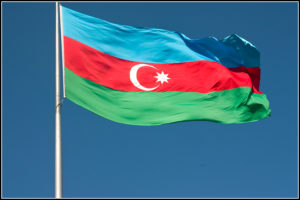



 Mina Indonesia
Mina Indonesia Mina Arabic
Mina Arabic